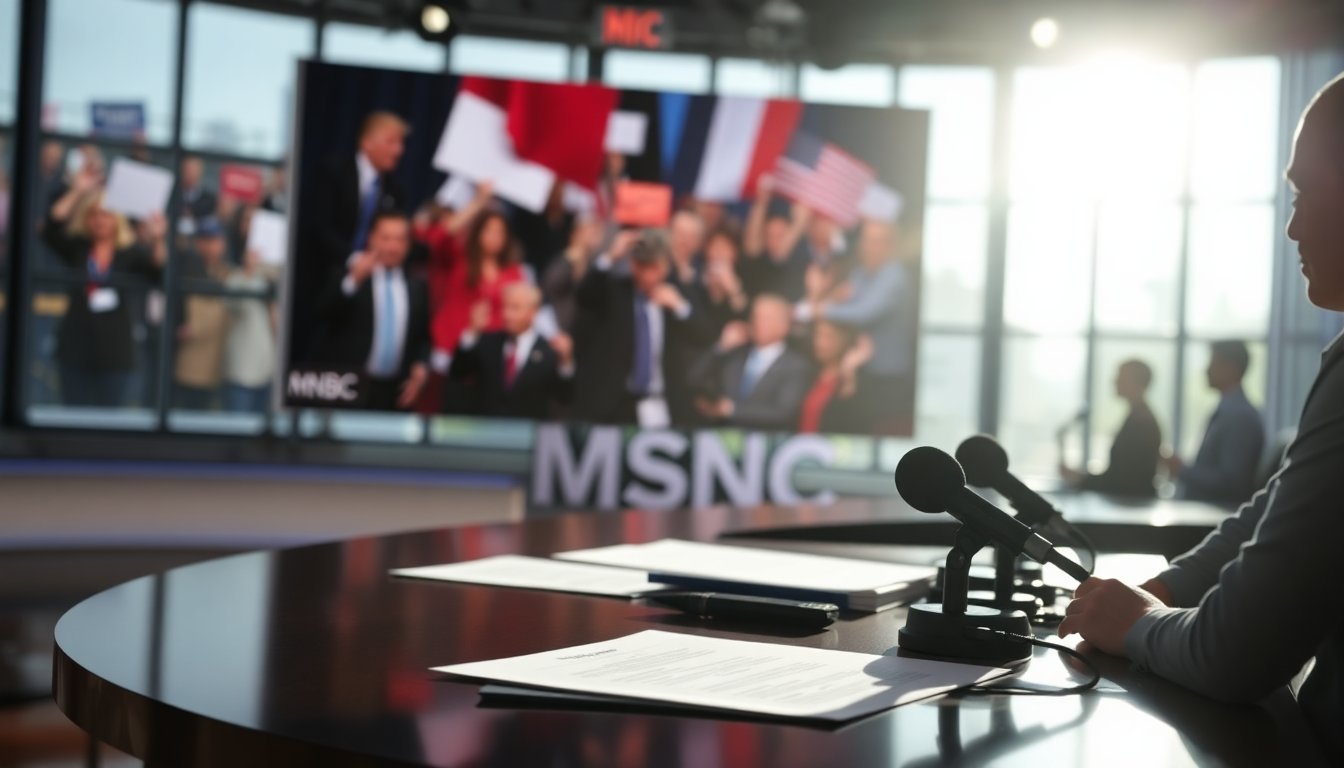Table of Contents
In a significant turn of events, MSNBC political analyst Matthew Dowd was fired following his controversial comments regarding the death of conservative activist Charlie Kirk. This incident has sparked widespread discussion about the accountability of public figures in the media and the impact of their words in the current political climate.
Context of the Incident
During a segment on MSNBC, anchor Katy Tur posed a question to Dowd concerning the climate surrounding violent events, particularly in light of Kirk’s recent shooting. Dowd’s response highlighted Kirk as a divisive figure, suggesting that his rhetoric contributed to a culture of hate, which he believes leads to violent actions. He stated, “Hateful thoughts lead to hateful words, which then lead to hateful actions,” emphasizing the detrimental environment presently affecting societal discourse.
This assertion ignited a firestorm of backlash on social media, with many perceiving his comments as inappropriate and excessively critical, especially in the wake of a tragic event. MSNBC’s president, Rebecca Kutler, promptly issued a public apology, describing Dowd’s remarks as “inappropriate, insensitive and unacceptable.” She reiterated the network’s stance that there is no justification for violence in any form, political or otherwise.
Reactions and Apologies
In the aftermath of the incident, Dowd issued an apology on his BlueSky account, clarifying that he did not intend to suggest that Kirk was culpable for the attack that led to his death. He expressed regret for his tone, stating, “I apologize for my tone and words,” and called for unity in condemning violence of any kind.
Charlie Kirk, who was tragically shot at a college event in Utah and passed away at the age of 31, was a prominent figure in conservative circles. His death was announced by former President Donald Trump on Truth Social, who expressed his condolences and praised Kirk for his understanding of the youth in America. Trump referred to Kirk as “The Great, and even Legendary, Charlie Kirk,” asserting that he was deeply loved and admired.
The Broader Implications
This incident underscores the delicate balance that political commentators must maintain in their discourse, especially regarding sensitive subjects such as violence and hate speech. Dowd’s firing serves as a reminder of the consequences that can arise from public statements in a highly polarized environment.
As discussions about media responsibility and the impact of public figures continue, it is essential to consider how language can influence public perception and behavior. The rapid response from MSNBC, coupled with the social media uproar, illustrates the heightened scrutiny that analysts and commentators face today.
Ultimately, this scenario not only reflects on Dowd and his comments but also emphasizes the critical role that media plays in shaping public opinion and the responsibility that comes with that influence.


